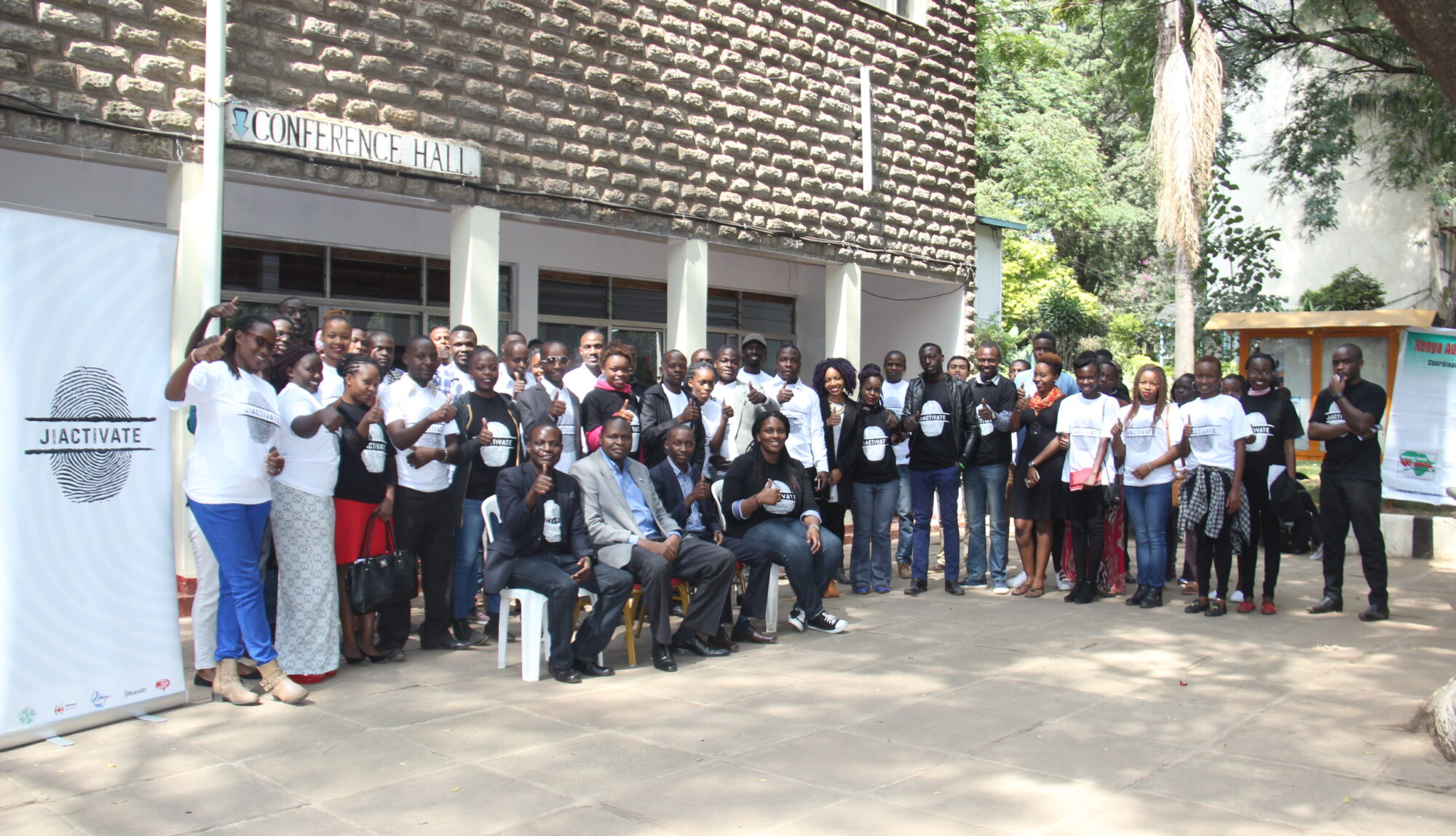Investing in Young people’s health for attainment of UHC in Kenya: WHD Reflections

As the World marks this year’s World Health day 2019, we take the opportunity to highlight the need for increased investment in young people’s health and the need for their increased representation in decision making processes as a means to achieve meaningful youth participation in Universal health coverage. This is especially anticipated to bring impact especially through the involvement of young women in decision making forums as a means to achieve balance in the World as recently highlighted during this years’ International Women’s day celebrations. Speaking at the Global leaders meeting on gender equality and women empowerment on 27th September 2015, His Excellency the president, Hon. Uhuru Kenyatta in his commitment speech cited that, “Investing in women is more than a matter of rights; it is the right thing to do.” In addition, His Excellency the President communicated commitment in ensuring women’s full and effective participation and equal opportunity for leadership at all levels of decision making.
Celebration of the World Health day 2019 with a focus on attainment of Universal Health Coverage (UHC) comes at a time when Kenya marks six years since the implementation of the devolution government. We take a moment on this good deeds day to mark significant progress made by policy makers in passing resolution 14 as part of council of governor’s communique during the recently ended 6th Devolution conference. The resolution confirms commitment by government in prioritizing adolescents’ health citingthat ‘County governments shall, in the next budget cycle, prioritize responsive interventions towards adolescent and teenage health needs and gender based violence.’On this day we take the opportunity to further highlight youths space in UHC by reflecting on the voices of young people in regards to their meaningful participation which is important for making UHC possible for all.
Devolution youth caravan voices on meaningful Youth participation in UHC
On 26th February 2019 to 2nd March 2019, members of Kenya Adolescent and Youth Sexual Reproductive Health and rights (KAYSRHR) commenced the Devolution youth caravan reaching out to young people in 6 counties. The devolution youth caravan on the Universal Health Coverage (UHC) accountability and meaningful youth engagement involved stop oversi n different counties: Kajiado, Machakos, Nairobi, Kiambu and Nyeri featuring different activities with local youth groups and policy makers.
The caravan aimed at disseminating Adding it Up research on adolescents health investments as well as collecting local stories and key insights for sharing at the Devolution conference in relation to the Universal Health coverage.
A key finding from the focus group discussions among other engagement methodologies applied during the caravan pointed out to indications of low levels of meaningful youth engagement. Young people were concerned about the lack of representation such as in county government advisory boards. Young people feel that lack of representation and involvement leads to poor implementation of programs. For instance, youths complained about the mobilization strategies applied in creating awareness for UHC registration in the pilot counties. Youths reported that some of their peers continue to be unregistered and still have misconceptions about UHC. It was also reported that lack of meaningful youth engagement causes confusion during government transition periods leading to uncompleted projects and commencement of new ones; hence leading to a lack of strategic direction and loss of funds on the uncompleted projects. Young people are confident that given a chance they can be an asset in providing solutions in order to better reach out to their fellow constituents as well as address their concerns.
Need for capacity building for young people
The policy makers on the other hand urged youths to be more concerned and be well aware of the government budget public participation timelines and their issues before advocating for them.The policy makers also urged young people to hold them accountable in order to ensure impactful discussions occur, even beyond seasons when teenage pregnancy cases are most covered by the media;during the release of the national schools examination results.
It was however, noted that whereas some young people are informed about SRHR and UHC discourse including budget advocacy processes and taking part in public participation activities within the county governments; a majority of youths were unfortunately unfamiliar. The lack of capacity to articulate the issues among the youth such as in policy formulation and budget advocacy thus further mainstreams imbalance.For the youths to hold leaders accountable and constructively come up with solutions for reaching out to the adolescents and youths, there is a need for capacity building and enhanced representation.Young people consider themselves essential partners for programs success and the overall improved health outcomes. The young people see themselves as the right people to express concerns about the difficult realities that they undergo since they understand their situations better. It is therefore necessary for policy makers to create avenues for effective and sustainable adult/youth partnerships that allows empowered youth representation in decision making processes, which will contribute to making UHC possible for all hence ensuring the attainment of health for all.

